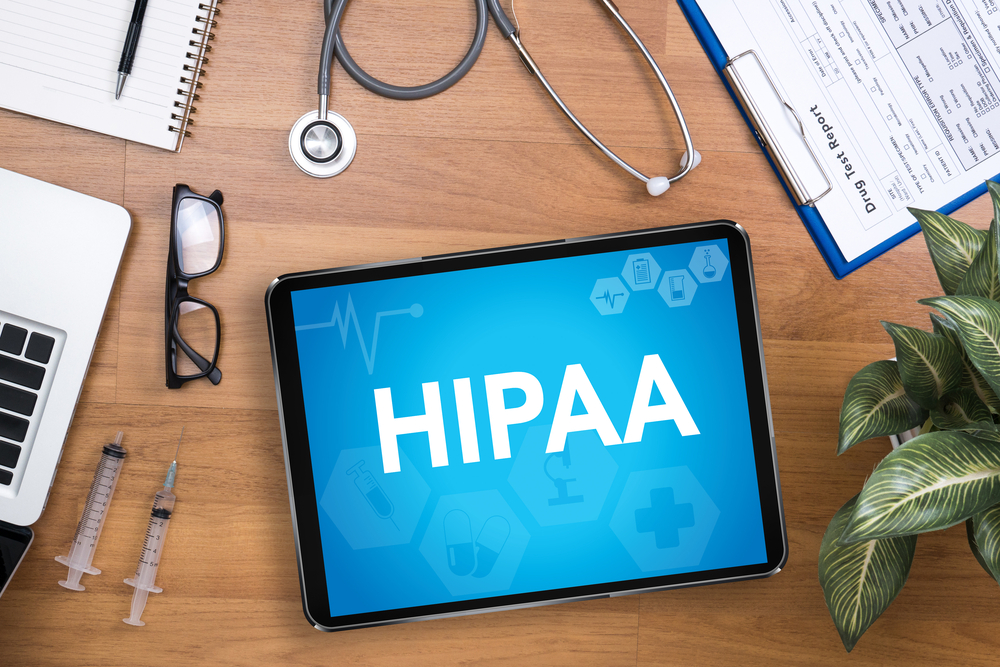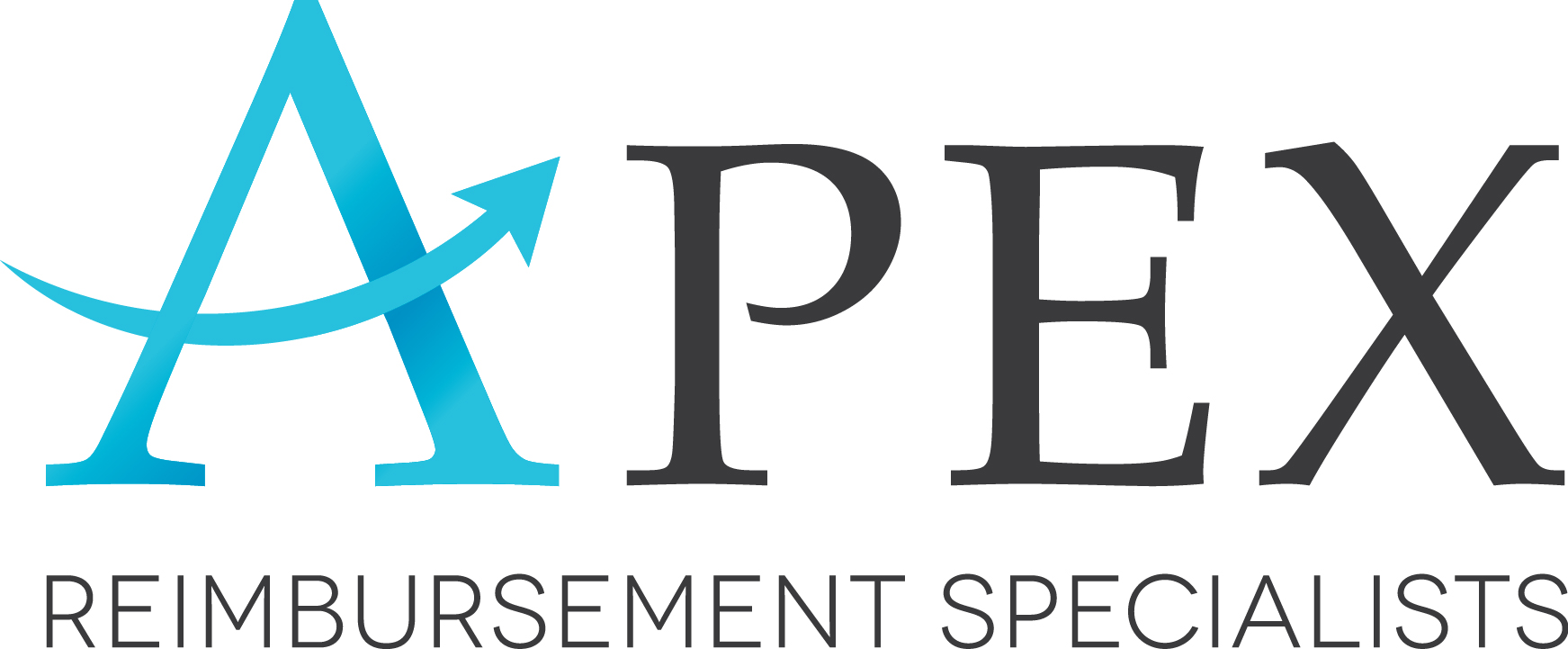
HIPAA compliance is never something that should be taken lightly in a healthcare practice or dental practice. Data from the American Dental Association shows that the number of dental practices in the United States is increasing, and the size of the average practice is increasing as well. As the number of Americans with access to dental care increased from 170 million in 2006 to 248 million in 2016, the number of people in need of HIPAA protection increased. Is your practice doing enough to comply with your HIPAA certification?
Do Dentists Need HIPAA Certification?
Yes! HIPAA certification is necessary for dental, vision and healthcare practices that electronically transmit claims, submit eligibility requests, inquire about claim status or create treatment authorization requests. Whenever you send any of the above to a third party, payer or insurance provider, you are required to follow HIPAA rules. The patient protected health information (PHI) you are transmitting is sensitive, which brings it under HIPAA’s jurisdiction. Every dental practice and its employees should maintain their HIPAA certification and ensure that protecting patient information is a priority.
The Ramifications of Non-Compliance Are Serious
While every dental practice should take securing PHI seriously to protect patients, your practice should also prioritize compliance because there are serious costs to any HIPAA violation. You might even need to pay a price as a result of a HIPAA error that a third party you work with made. What are the most common errors that result in HIPAA violations?
- Not backing up patient data in secure locations
- Failing to encrypt patient data when transmitting it electronically
- Talking about PHI on voicemail or electronic voice messages
- Failing to properly destroy and discard papers and electronic devices that contain PHI
- Not protecting access to PHI
- Utilizing a cloud storage service without many security precautions or without encryption, like Dropbox or Google Drive, to store or transmit PHI
How are HIPAA issues detected? Other than complaints, The Office for Civil Rights sends out surveys to dental practices and medical facilities. If the OCR thinks that your practice might not be maintaining compliance, you could end up being audited. An audit for HIPAA will involve an in-person visit from a professional auditor. The audit could last anywhere from a few weeks to 18 months, and the average HIPAA audit leads to $10,000-$15,000 in fines.
How Can You Keep Your HIPAA Certification?
Some of the best ways to keep your HIPAA certification include:
- Completing a third-party network, device and computer assessment on an annual basis to ensure that your network is secure and PHI is being transmitted properly
- Offering annual HIPAA training to all of your employees
- Conducting regular risk assessments to find vulnerabilities in your policies and procedures that could lead to improper disclosure of PHI
- Creating HIPAA compliance policies that are a part of your trainings and onboarding and make it clear what every employee’s responsibility is
Partner with APEX Reimbursement Specialists
The experts at APEX Reimbursement Specialists can help you to explore the best options for your continued growth and sustained success. Contact our team today by calling (410) 710-6005. We look forward to working with you to make your practice a more profitable place.
